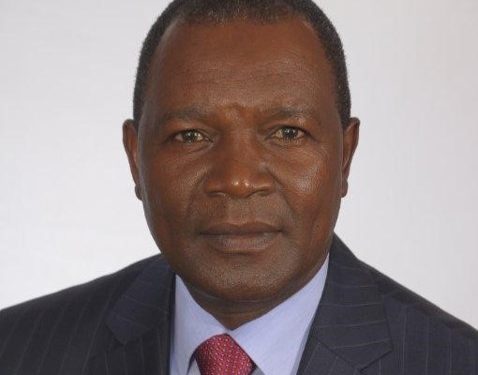NAIROBI, Kenya, April 20th, 2020,-/African Media Agency (AMA)/- The African Economic Research Consortium (AERC) Senior Policy Seminar has placed a spotlight on fragility of growth in African economies, seeking to stimulate an informed policy dialogue and related policy-making aimed at reducing identified fragile contexts and building a more resilient African economic sector. However, social and economic issues that were already highly challenging have now become exponentially more serious due to the current COVID-19 health crisis and the catastrophic effect it is having on the African economies as well as the global economy.
Growth in Africa
Despite decent economic and social progress achieved in the last two decades, growth in most African countries remain characteristically fragile. This inherent fragility extends across the economic, social, political and cultural fabrics of life in Africa. The typology of the fragile context revolves around political instability, weak institutions that lead to poor accountability and leadership, civil and political unrest, low human development, low investment levels and the low level of economic diversification that produces protracted economic decline with a negative shock from one sector of the economy, among many other factors.
AERC’s Executive Director Professor Njunguna Ndung’u notes that although the effects of the coronavirus pandemic are devastating on already fragile African economies, the outlook is not completely dire. “In order to move forward, we need to look at the lessons learnt from this crisis and heed the urgency for change that it has highlighted. Weak points, some known, others underestimated, have been brought to the fore. In addition to infrastructural issues, the reliance of African markets on imported goods (and services) has proven to be a detrimental factor during this crisis – particularly regarding the shortage of masks and other health and safety resources typically sourced from outside Africa”.

There is an urgent need for solutions that will move the continent forward, reduce risk and maximise on opportunities in the wake of the COVID-19 crisis. Proposed means of achieving this include:
- Policymaking and interventions that consider the existing weaknesses within African economies, the post-crisis challenges facing the continent and future long-term methodologies to forestall the negative effects of crises
- Enlisting the support of multilateral institutions and bi-lateral partners and working together to develop comprehensive and effective solutions to overcoming challenges across different sectors.
- Governments and the private sector need to consider ways to help the population and African markets recover from the debilitating effects of COVID-19 on factors such as GDP growth, critical macro-economic indicators, inflation, exchange rates, employment and livelihoods to vulnerable sectors.
- The implementation of the African Continental Free Trade Area agreement needs to be accelerated – boosting intra-African trade, development and economic diversification, making African economies less vulnerable to economic shocks and more resilient to global crises or market disruptions.
Ndung’u added that how Africa reacts in the aftermath of this social and economic crisis will be definitive in guiding the recovery and inclusive growth of the continent. “We cannot predict the future, but we can be better prepared for the uncertainties that lie ahead”.
Distributed by African Media Agency (AMA) on behalf of African Economic Research Consortium (AERC).
For Media Enquiries:
On behalf of African Economic Research Consortium (AERC)
Ms. Tshego Tshangela
Africa Communications Media Group (ACG)
+27 84 624 2996
tshego@africacommunicationsgroup.com




